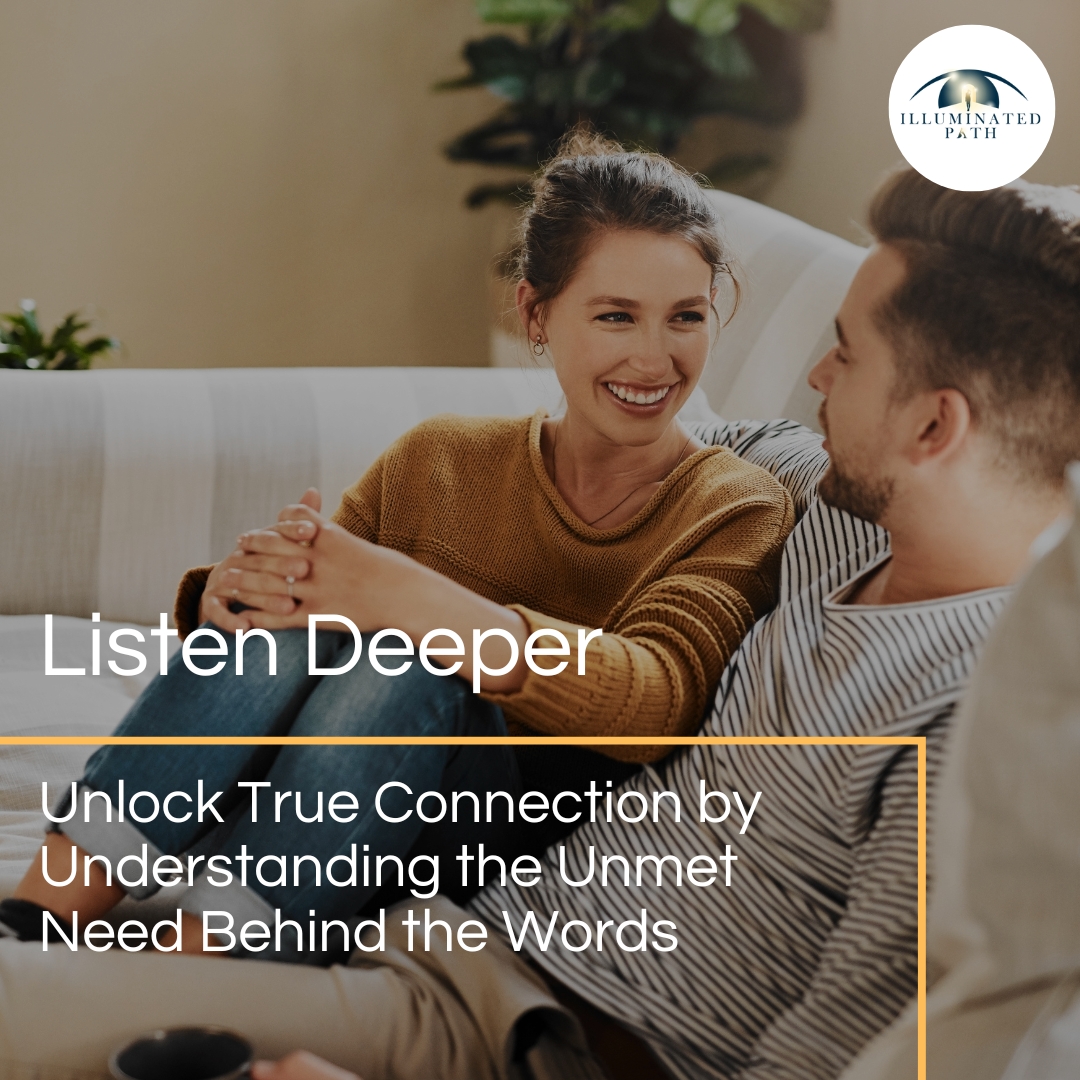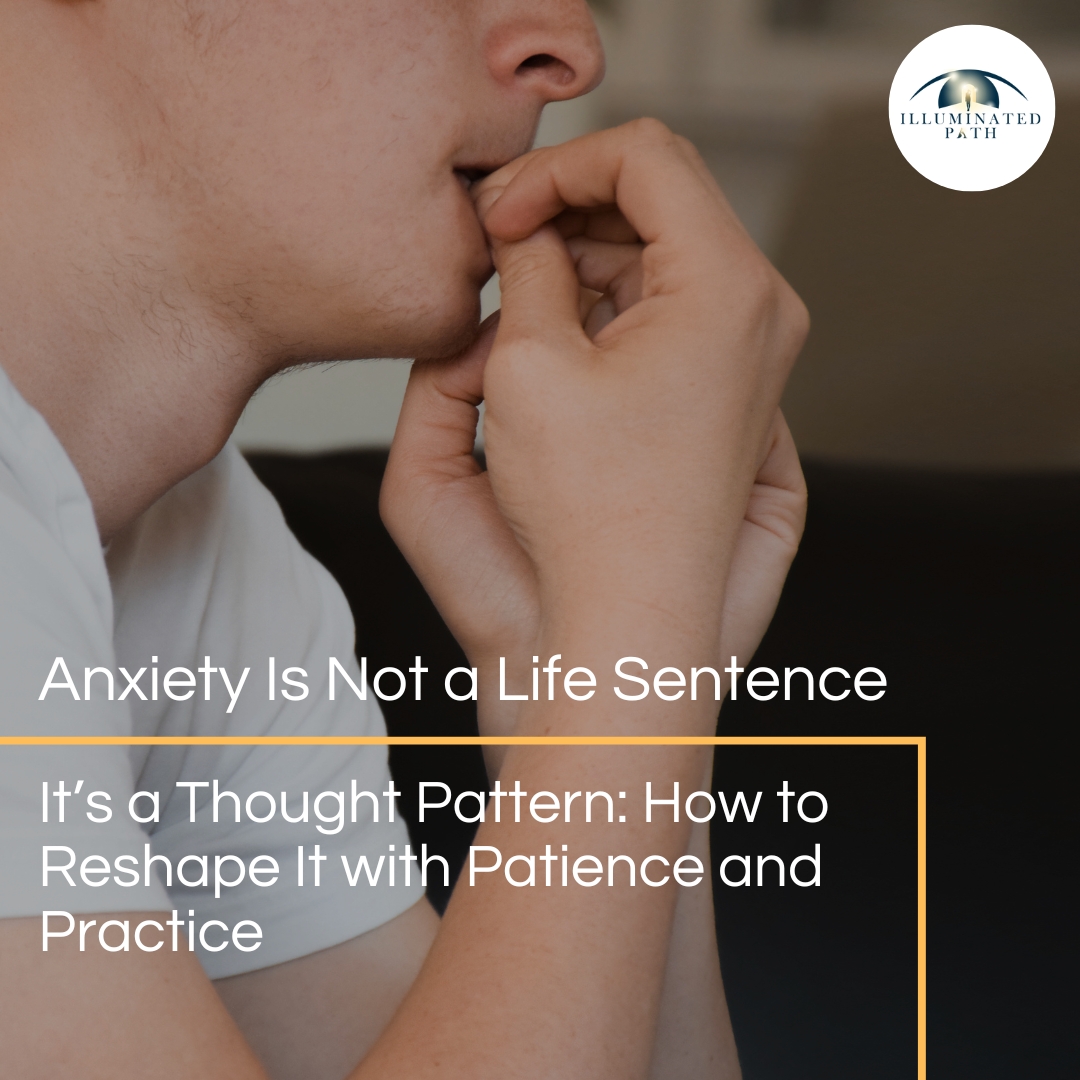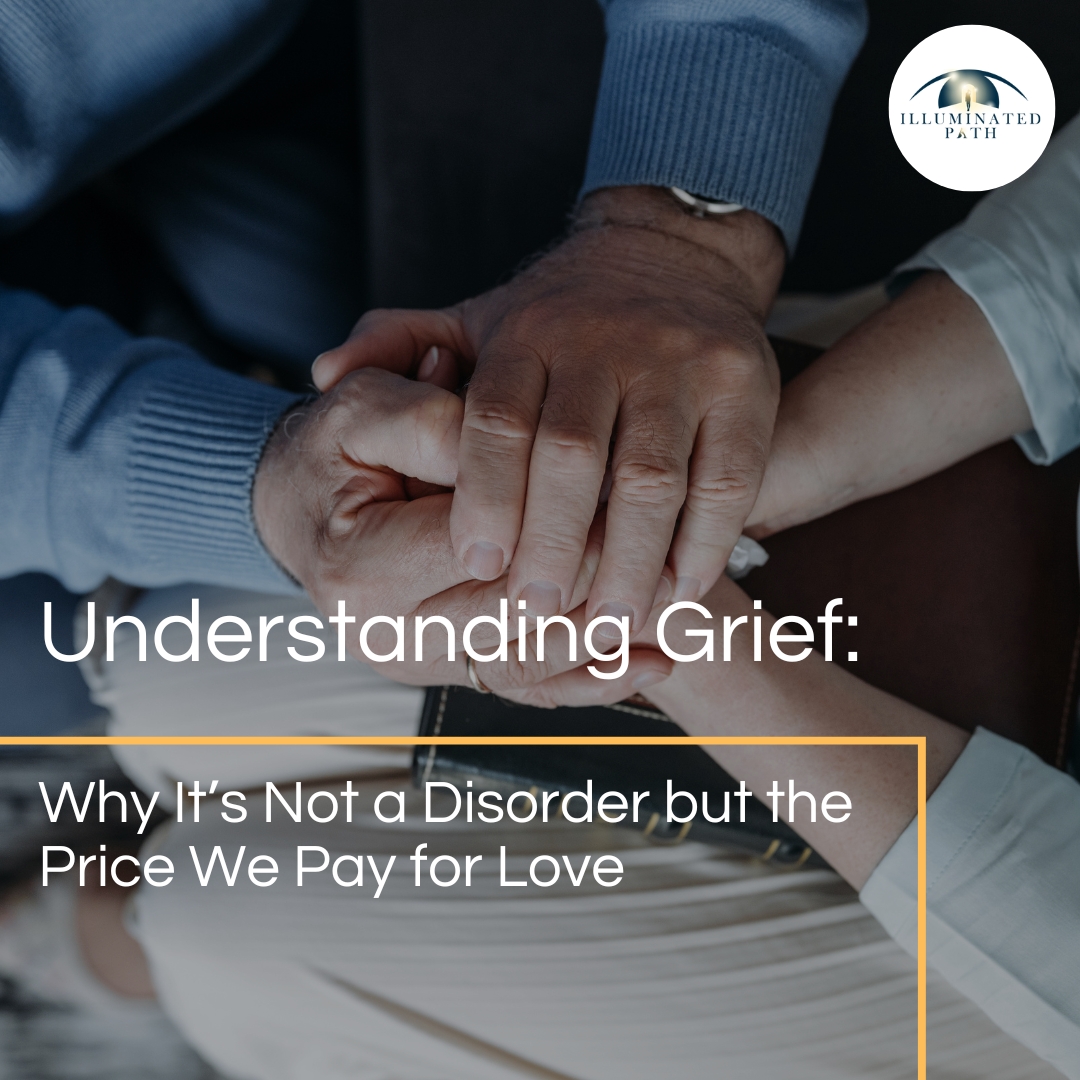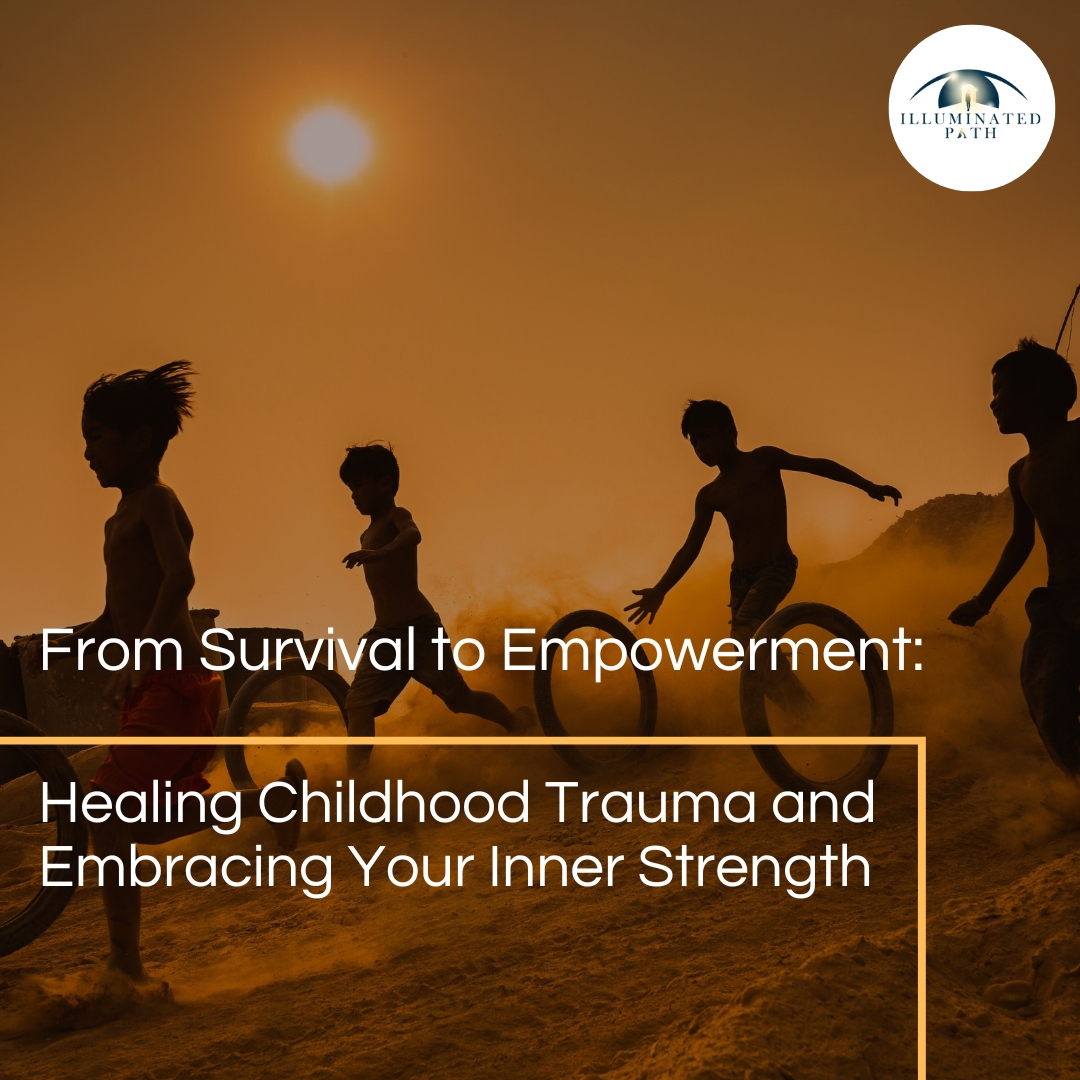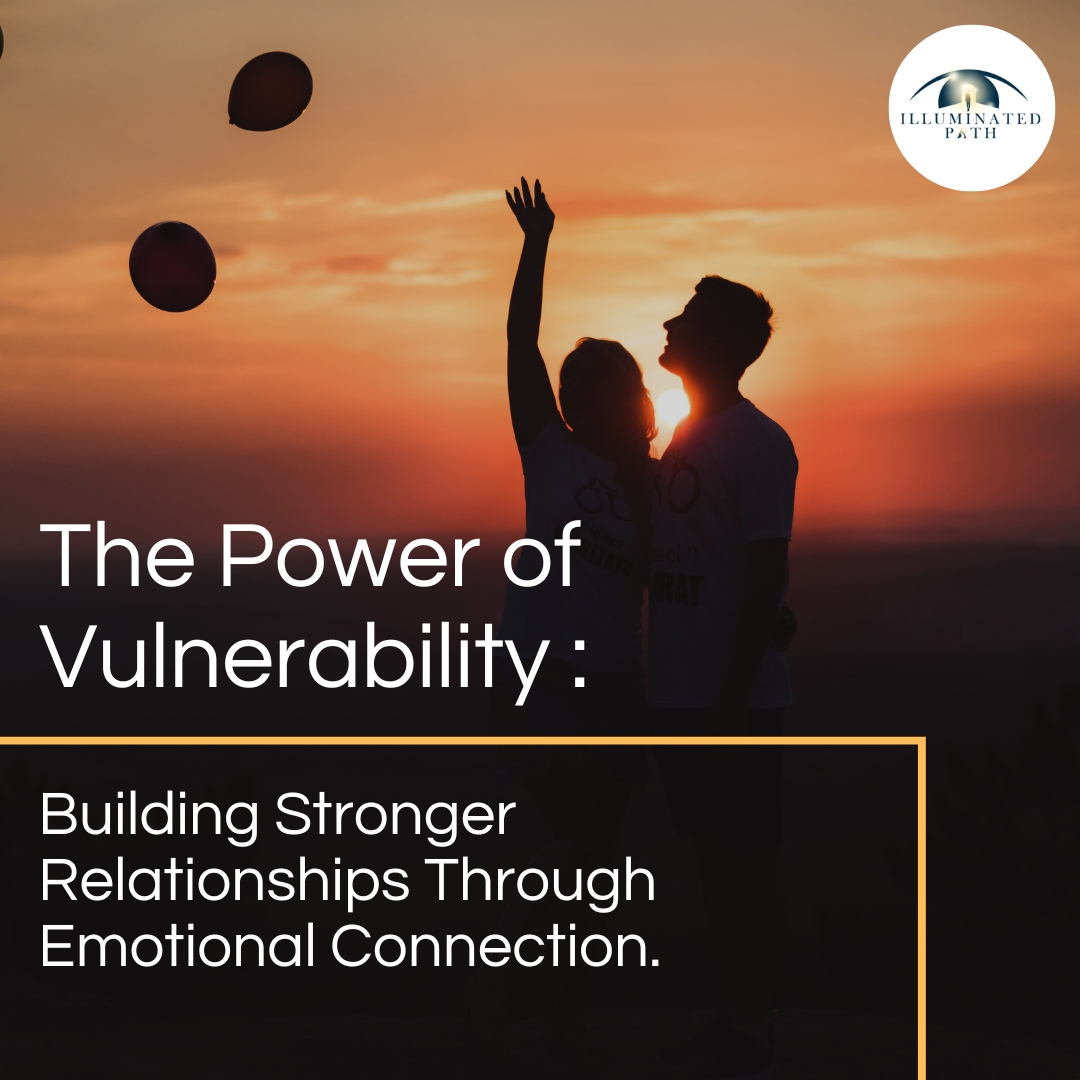
In a world that often prioritizes self-reliance and emotional stoicism, vulnerability can feel like a risky endeavor. We’re taught to project strength and independence, to keep our guards up and our emotions in check. But beneath the surface of this seemingly impenetrable armor lies a profound truth: vulnerability is not weakness, but the very key to unlocking deeper, more authentic connections with others.
Vulnerability, in its essence, is the willingness to show up authentically, to let others see our true selves, imperfections and all. It’s about sharing our fears, our hopes, our dreams, and our scars, even when it feels scary. It’s about allowing ourselves to be seen, known, and loved for who we truly are, not for the carefully curated image we often present to the world.
Why We Resist Vulnerability:
The fear of vulnerability is deeply ingrained in many of us. We worry about being judged, rejected, or hurt. We fear that exposing our true selves will make us targets for criticism or ridicule. These fears often stem from past experiences of hurt or rejection, where vulnerability was met with insensitivity or betrayal.
However, this fear of vulnerability can become a self-fulfilling prophecy. By closing ourselves off from others, we limit our ability to experience true connection and intimacy. We build walls around our hearts, preventing others from truly knowing and loving us.
The Science of Connection:
Research in social psychology and neuroscience has shed light on the profound importance of vulnerability in building strong, healthy relationships.
- Increased Intimacy and Connection: A 2013 study in the Journal of Social and Personal Relationships found that couples who reported higher levels of vulnerability and self-disclosure also experienced greater intimacy and relationship satisfaction. This suggests that when we allow ourselves to be seen and known by our partners, we create a deeper sense of connection and closeness.
- Enhanced Empathy and Understanding: Brené Brown’s research has shown that vulnerability is a key predictor of empathy and compassion. When we are willing to share our own struggles and vulnerabilities, we create a space for others to do the same, fostering a deeper understanding and connection (Brown, 2012).
The Benefits of Embracing Vulnerability:
The rewards of embracing vulnerability extend far beyond our interpersonal relationships. It can also lead to:
- Increased self-awareness: When we share our inner world with others, we gain a deeper understanding of ourselves and our emotions.
- Enhanced emotional resilience: By facing our fears and insecurities, we develop greater emotional resilience and the ability to cope with life’s challenges.
- Improved mental health: Studies have shown that vulnerability and self-compassion are associated with lower levels of anxiety, depression, and stress (Neff, 2003).
- Greater creativity and innovation: Vulnerability allows us to take risks, embrace new ideas, and think outside the box.
- Stronger leadership: Vulnerable leaders create a culture of trust and authenticity, inspiring others to be their best selves.
Cultivating the Courage to Connect:
Embracing vulnerability is not always easy. It requires courage, self-compassion, and a willingness to step outside our comfort zones. Here are some strategies to help you cultivate the courage to connect:
- Start small: Begin by sharing small vulnerabilities with trusted individuals. As you become more comfortable, you can gradually share deeper emotions and experiences.
- Practice self-compassion: Be kind and gentle with yourself, especially when you’re feeling vulnerable. Remember that it’s okay to make mistakes and that everyone experiences vulnerability.
- Challenge negative thoughts: Identify and challenge the negative thoughts that hold you back from being vulnerable. Replace self-critical thoughts with self-compassionate ones.
- Seek support: If you’re struggling with vulnerability, consider seeking support from a therapist or counselor. They can provide guidance and tools to help you overcome your fears and build stronger relationships.
- Cultivate a growth mindset: Embrace the belief that you can learn and grow from your experiences, even the challenging ones. This mindset can help you approach vulnerability with greater confidence and resilience.
Vulnerability in Action: Real-Life Examples:
The power of vulnerability can be seen in countless examples throughout history and in our everyday lives. Leaders who admit their mistakes, artists who bare their souls in their work, and friends who share their struggles with each other all demonstrate the transformative power of vulnerability.
Consider the example of Brené Brown, a research professor who has spent years studying vulnerability, courage, and shame. In her TED Talk “The Power of Vulnerability,” Brown shares her own journey of embracing vulnerability and the profound impact it has had on her life and work. Her research and personal experiences have inspired millions to embrace their authentic selves and build deeper connections with others.
The Ripple Effect of Vulnerability:
When we choose vulnerability, we not only transform our own lives but also inspire others to do the same. Our willingness to be open and authentic creates a ripple effect, encouraging those around us to embrace their own vulnerabilities and build more meaningful connections.
Imagine a world where vulnerability is celebrated, where we feel safe to share our true selves without fear of judgment or rejection. In such a world, empathy would flourish, compassion would abound, and our relationships would be deeper and more fulfilling.
Conclusion:
Vulnerability is not a sign of weakness; it’s a testament to our courage and our humanity. It’s the key to unlocking deeper connections, greater happiness, and a more meaningful life. By embracing our vulnerabilities, we open ourselves up to the transformative power of human connection. We create a world where authenticity is valued, empathy is nurtured, and love flourishes. So, dare to be vulnerable. Dare to connect. The rewards are immeasurable.
Sources:
- Brown, B. (2012). Daring greatly: How the courage to be vulnerable transforms the way we live, love, parent, and lead. Gotham Books.
- Laurenceau, J. P., Barrett, L. F., & Pietromonaco, P. R. (1998). Intimacy as an interpersonal process: The importance of self-disclosure and perceived partner responsiveness in interpersonal exchanges. Journal of personality and social psychology, 74(5), 1238.
- Neff, K. D. (2003). Self-compassion: An alternative conceptualization of a healthy attitude toward oneself. Self and Identity, 2(4), 223-251.

The Author
Dr. Shadi Souferian Psy. D.
Licensed Clinical Psychologist
Therapist And Psychologist in Los Angeles And Beverly Hills.



